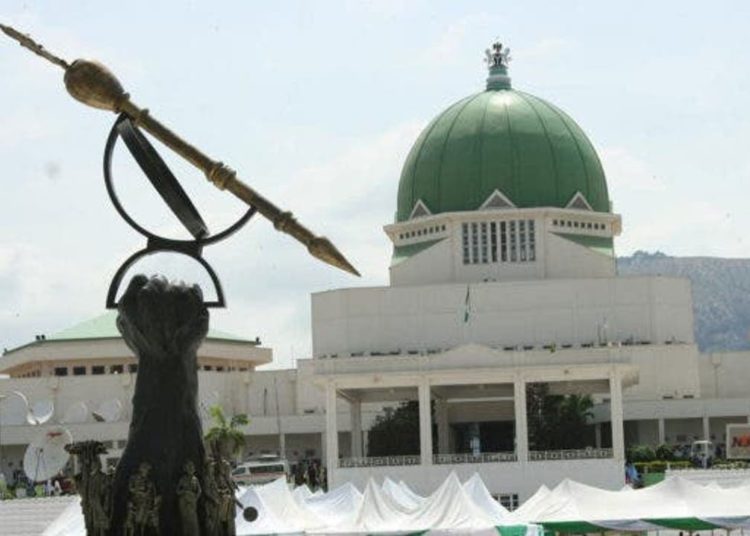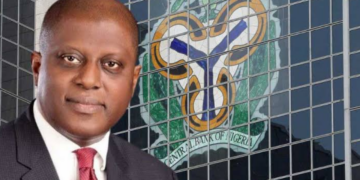Since the dawn of democracy in 1999, the country has been witnessing a high turnover of legislators every election cycle. However, Nigerians will witness the highest turnover of lawmakers in the 2023 election.
In the just-concluded primary elections, a staggering 60 to 70 percent of serving members lost their bids to secure return tickets. The leadership of the National Assembly blamed the indirect primaries adopted by political parties to elect candidates saying it was injurious to democracy.
They described as a crime, a situation where for the ruling All Progressives Congress (APC), only 2, 322 delegates across 774 local government councils, elected a presidential candidate for about 200 million voters in the 2023 general election, just as 774 ad-hoc delegates did the same for the main opposition Peoples Democratic Party (PDP). They said the process only succeeded in turning a few Nigerians who made it into the delegates list into millionaires overnight.
I think the anger of the lawmakers is misdirected here. Blaming the indirect mode for the massive loss is being clever by half. They got their politics wrong and are now paying for their sins. Again I ask, what were their contributions to their constituents in the last four years?
Our governors are so powerful that they can influence any mode of primaries whether direct or indirect.
The lawmakers in an open confrontation with governors adopted only the direct mode of primary in the electoral act. It was after President Muhammadu Buhari rejected signing the bill and told them to include options that they grudgingly added the indirect mode and maliciously added the consensus option with a caveat – all the aspirants must sign that they agree to the consensus arrangement. They know this is dead on arrival.
Unlike in America where we borrowed the presidential system of government, our roles as lawmakers in the country are different. A lawmaker’s job is to make laws and oversight the executive but in Nigeria, it is a different ballgame.
In Nigeria, a lawmaker is expected to do the job of the executive. You are expected to build roads in your community, pay school fees for hundreds of students, attend the wedding and naming ceremonies in your constituency, and drop good money. You are also expected to get jobs for youths in your constituents in juicy MDAs.
A Nigerian lawmaker’s pocket is always in pain due to humongous demands from his community.
Also because of the prestige associated with lawmakers in Nigeria and their obscene salaries there is a long list of politicians ready to go into the National Assembly. To be sure, our lawmakers are one of the highest-paid in the world.
In the United States, for example, we have lawmakers who have been in the parliament for 51 years. Robert Bryd has been in the senate for 51 years, Daniel Inouye for 49 years, Strum Thurmond for 47 years, and Patrick Leahy for 47 years too. Lawmakers often stay in the senate till they decide on their own to retire.
However, we can not afford that luxury here and the reasons are not far-fetched. Our longest-serving senator, Senate President Ahmed Lawan who has been in the senate since 2003 has come to the end of the road.
In Nigeria, several people are waiting in line to take over the senators’ seats. Our governors have made the senate their retirement home so any senator from the senatorial zone of the governor knows he is just holding forth for eight years.
Also, most senators eye the governor’s seat after spending four or eight years in the Senate. They use their years in the senate to build their political base so most governors when they sense the growing political structure of some lawmakers, they work against their reelection at the primary election stage.
Indeed, this high turnover of our legislators will keep getting worse unless there is a stringent law banning governors from going into the senate and also strengthening our electoral laws to create a level playing field for every aspirant.





